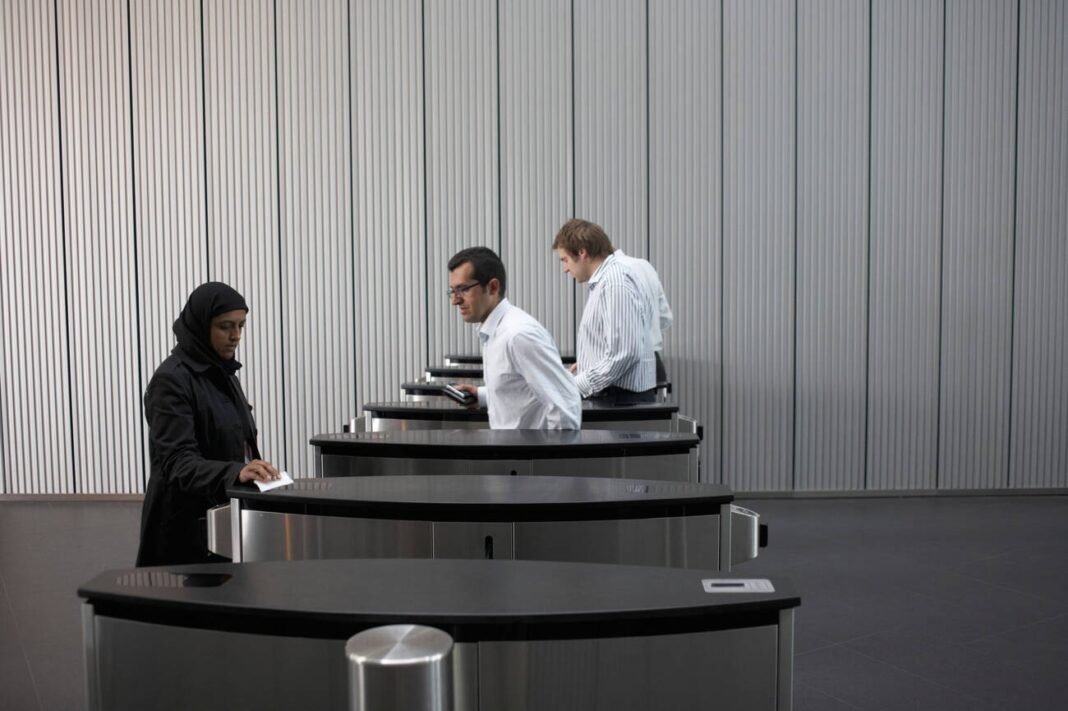Muslim women are the most economically disadvantaged group in British society. They are three times less likely to be hired than other women when looking for a job. Muslim women are twice as likely to be economically inactive. The prominent religion of Muslim women due to the use of hijab is the main reason for discrimination against them. This article examines the Muslim women unemployment rate in the UK. It also discusses the causes of Muslim unemployment in the British labor market.
Punishment of Muslims in the British labor market
The results of research in the UK show that despite being eligible, the high unemployment rate of Muslims in the UK is not because of their cultural and religious practices but simply because they are Muslims. This research confirms previous findings regarding the penalization of Muslims in the UK labor market. According to research, Muslims are still significantly penalized even after adapting their social attitudes to society. This research refutes the common assumption that Muslims face difficulties in the labor market because of their cultural and religious practices.
Higher unemployment of Muslim women and men than their Christian counterparts
Studies have shown that Muslim women and men are significantly more likely to be jobless than their white Christian counterparts. Samir Sweida-Metwally, a doctoral researcher at the University of Bristol who carried out the research with support from the Economic and Social Research Council, told the Guardian: “The findings offer evidence against the view that Muslims’ poor employment outcomes in Britain are due to their so-called ‘sociocultural attitudes.” The research used 10 years of data from 100,000 participants in the annual British Household Survey, which collects information about people’s socioeconomic status.
Unemployment just because of being a Muslim
Studies show that simply being Muslim in British society is one of the highest causes of unemployment. Research shows that there is discrimination against Muslims. They fail at all stages of the transition from education to employment. Professor Jacqueline Stevenson of Sheffield Hallam University confirms that there is exclusion and discrimination against Muslims. Taken together, these contributory factors have profound implications for social mobility.” Stevenson told The Guardian that the research shows typical examples of Muslim men and women who have been unable to find jobs that match their skills and qualifications.
The triple limitations of Muslim women in the UK
Part of the high Muslim women unemployment rate in the UK is due to social restrictions. Many Muslim women in Britain face a triple penalty that affects their employment opportunities: being women, being from an ethnic minority, and being Muslim. Evidence shows that the most deprivation that Muslim women feel is due to their religion. The impact of anti-Islamism on Muslim women should receive serious attention.
Very high probability of unemployment for Muslim women
Muslim women face discrimination when applying for employment because of their clothing, religion, and culture. Muslim women are 71%more likely to face unemployment than Christian women. Even when both women have the same education and language proficiency level, this discrimination exists. Muslim women unemployment rate in the UK is higher because of being Muslim.
Muslim women unemployment rate in the UK
Muslim women unemployment rate in the UK is high. While 69%of British women of working age have a job, this ratio among Muslim women is 35%. At the national level, 5% of women are jobless and looking for work, but among Muslim women, this figure is 16%. The most obvious difference is among women in the “economically inactive” group, those who are jobless and not looking for work.
The economic inactivity of British Muslim women
In the British Muslim community, married women are usually homemakers while husbands are breadwinners. The reports say that almost half of inactive Muslim women (44 percent) are inactive because they are homemakers, and the national average is 16 percent of women in this group. The Committee on Women and Inequality says that the effect of discrimination, inequality, and Islamophobia that Muslim women experience becomes worse due to the pressures that some women feel from parts of their communities to fulfill a more traditional role.
The slow process of positive changes in the social roles of Muslim women
The government should prepare a plan to deal with the inequality that exists against Muslim women. Official figures suggest younger Muslim women are challenging traditional cultural roles, but MPs say change is slow. In some regions, there are more women in higher education courses than Muslim men. However, the number of unemployed and job seekers among Muslim women is much higher than among men.
Unequal and unacceptable level of discrimination against Muslim women
Maria Miller, who chairs the Women and Equalities Committee, said: “Muslim women, particularly, face unacceptable levels of discrimination, and that discrimination comes from the workplace, from employers, but also from within communities as well.” The results of the national labor force survey showed that the unemployment rate among Muslim women is 18%, among Hindu women is 9%, and among Christian women is 4%. This research attributed the lower chances of Muslim women to lower literacy levels and poorer English. However, research shows that the high unemployment rate of Muslim women is the result of job discrimination.
The need to empower Muslim women in the British labor market
The probability of unemployment of Muslim women is much higher than that of Christian women with the same conditions and the exact language skills. Muslim women unemployment rate in the UK is high for the reasons mentioned in the article. The UK Government should take steps to ensure that employers are aware of their duties. Employees should also have the ability to challenge cases of discrimination. The law of equality includes everyone. All women, regardless of their religion, should be free to choose all aspects of their lives. Among other things, they need to have power in education, employment, and clothing to overcome the deprivations they may face.

